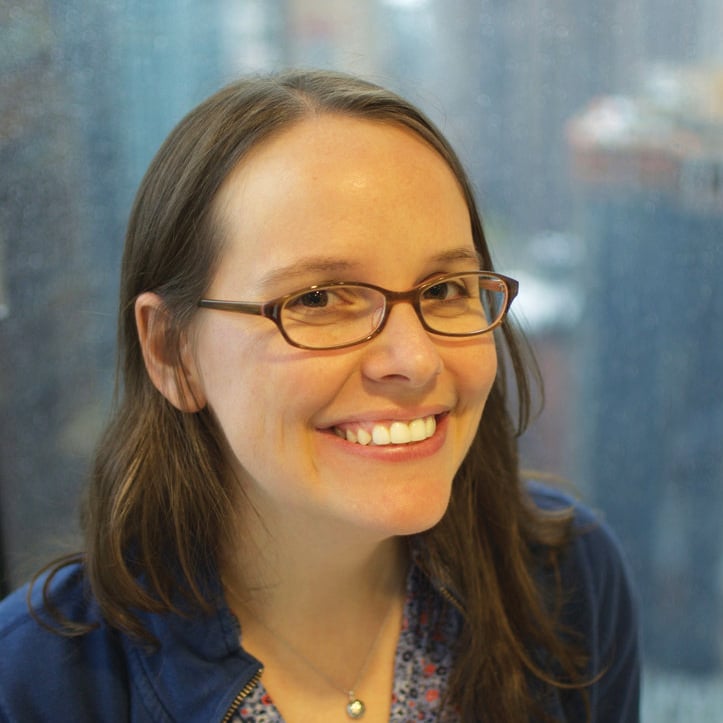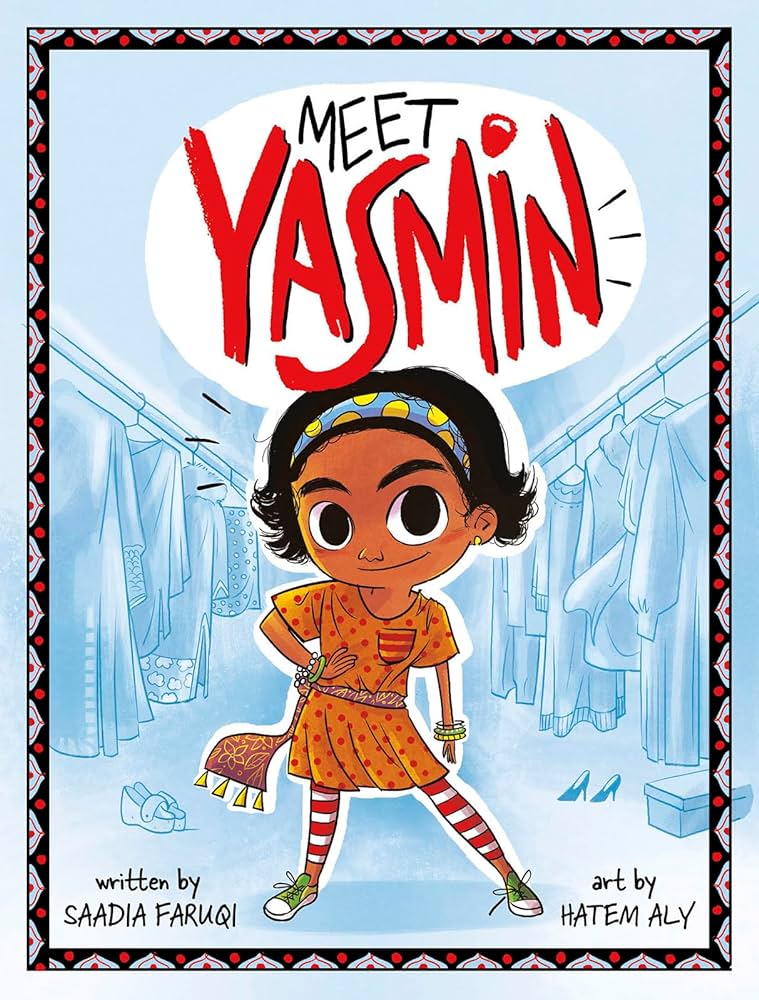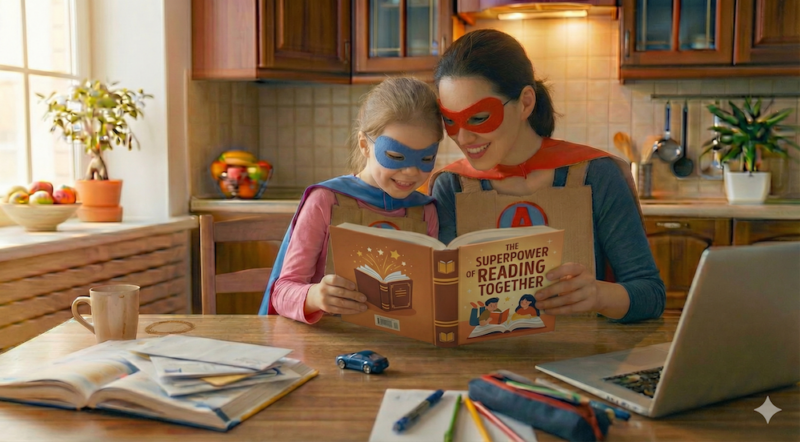A Conversation with Author Raina Telgemeier

New York Times bestselling author Raina Telgemeier will be in Tulsa to receive the Tulsa Library Trust’s 2024 Anne V. Zarrow Award for Young Readers’ Literature at the Central Library on May 3 at 6 p.m. She will talk about her work and present awards to winners of the Tulsa City-County Library’s Young People’s Creative Writing Contest.
Telgemeier’s graphic novels are loved by young readers and are known for featuring relatable topics such as friendship, anxiety, puberty, braces and even IBS.
Q: As a child, did you like to read all kinds of books, or were you primarily interested in comics and graphic novels?
Telgemeier: All kinds. Picture books, novels, nonfiction…illustrated and not! I discovered comic strips in the newspaper when I was 9 years old, and my dad started buying me collections of my favorite strips—those quickly became the things I read most often, again and again.
Q: Do you get more enjoyment out of writing or illustrating, or are they equal in your mind?
Telgemeier: Illustrating comes more naturally to me, I’m a very visual thinker and learner, but I also need to write experiences down or talk them through in order to process them. With comics, I actually don’t consider it either writing or illustrating per se. Cartooning is a third form of communication that incorporates both elements, and it involves a LOT of active participation on the part of both the creator and the reader! So I actually don’t consider myself a particularly great artist, or a very talented writer. But I think I’m a pretty good cartoonist.
Q: Lots of kids love reading graphic novels and want to do what you do when they grow up. Do you have any advice for parents and teachers who would like to help these kids grow their interest and begin working on their own comics?
Telgemeier: My parents gave me tools and time. There wasn’t much of a popular interest in comics and graphic novels when I was a kid, but today I hear about cartooning classes and workshops at libraries, museums and free local conventions. There are plenty of tutorials online to learn the basic technical aspects. If teachers want to offer kids comics-making units, or the option to do some assignments in comics format…amazing! But really, having free time and lots of pencils and paper (nothing fancy – a #2 pencil and a spiral-bound notebook were what I used!) gave me the freedom to make stuff for my own enjoyment. It’s okay to go slowly and to read lots of comics, and to make them just for fun.
Q: Books are often great conversation starters between adults and the children they care for. Given that many of your books appeal to kids approaching their tween and teen years— which can sometimes give rise to parental silent treatment—are there any of your books that you think offer good conversational opportunities for parents to have with their children?
Telgemeier: My memoirs (Smile, Sisters, and Guts) seem to be the biggest conversation starters. Plenty of reasons for this: I’m a Geriatric Millennial (or a baby Gen-Xer, depending on who you ask), so lots of my readers have parents who are my age. That means Raina in the book might have sat next to their mom in middle school or been her friend. And parents remember some of the real events I talk about in my books: the 1989 earthquake in San Francisco, the fashion trends!
But I think the real reason my work sparks conversation is because I talk very openly about tough experiences – self-confidence, bullying, anxiety, changing friendships, complicated family dynamics. Nothing I’ve experienced in my life is all that unique, but I think reading about it (and because it’s comics, also seeing it) can really validate someone going through it for the first time. I think there’s a time and place for platitudes and happy endings in stories, but so much of life is uncertainty, waiting, wondering. I think it’s okay to write stories with a mix of hopeful optimism, and acknowledgement that some of this stuff is really hard.
Q: I understand that one of your books, Drama, has been banned. What are your thoughts about book bans?
Telgemeier: No one person (or politician) should get to decide what everyone else has access to, full stop. Drama has been banned in communities that would prefer LGBTQ+ stories and characters simply not exist, and that tells LGTBQ+ kids that they, too, should not exist. A queer kid with no language or representation of who they are in books and media denies them their humanity. I advocate for empathy toward all human experiences and for books to be a safe place for all kinds of stories.
 Danielle Hill is a local writer and former teacher with a bachelor’s degree in organizational management and ethics and a degree in education.
Danielle Hill is a local writer and former teacher with a bachelor’s degree in organizational management and ethics and a degree in education.




